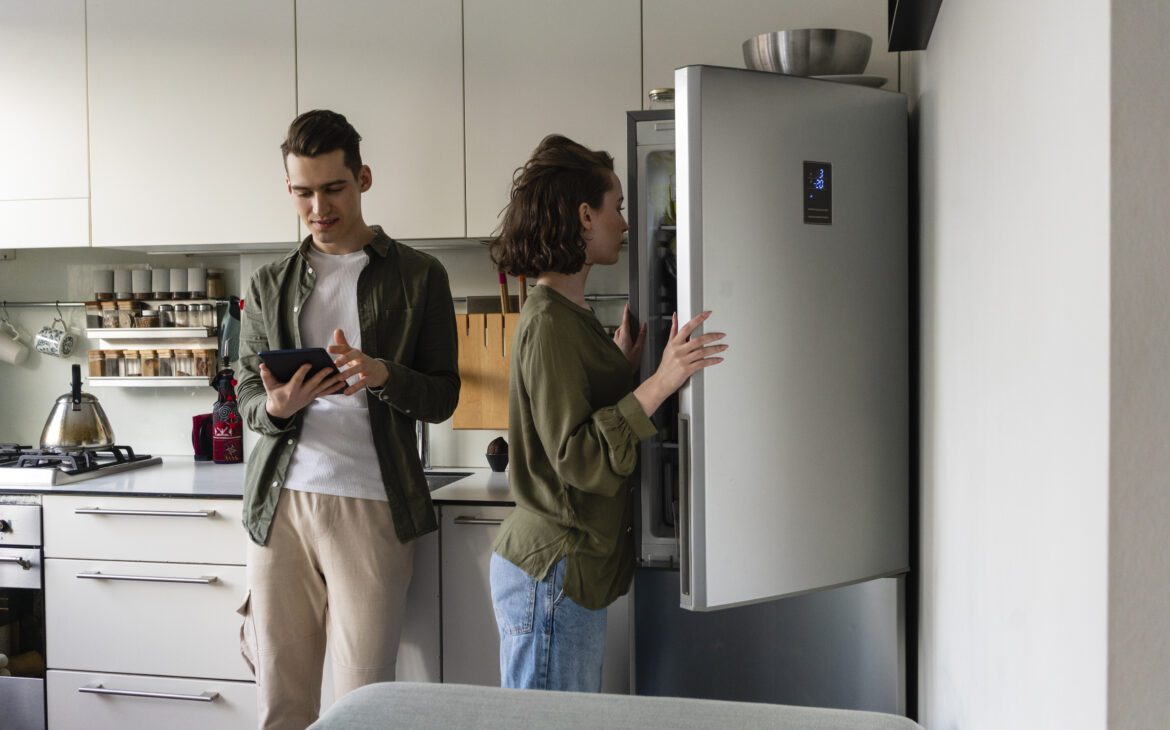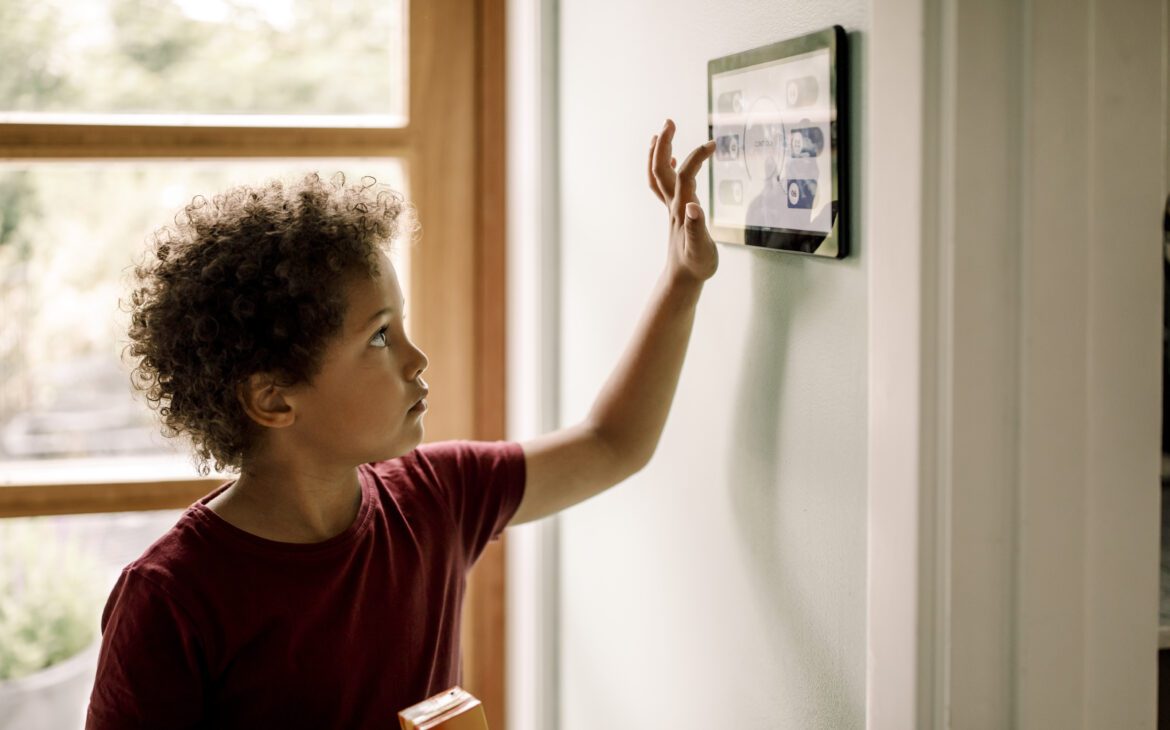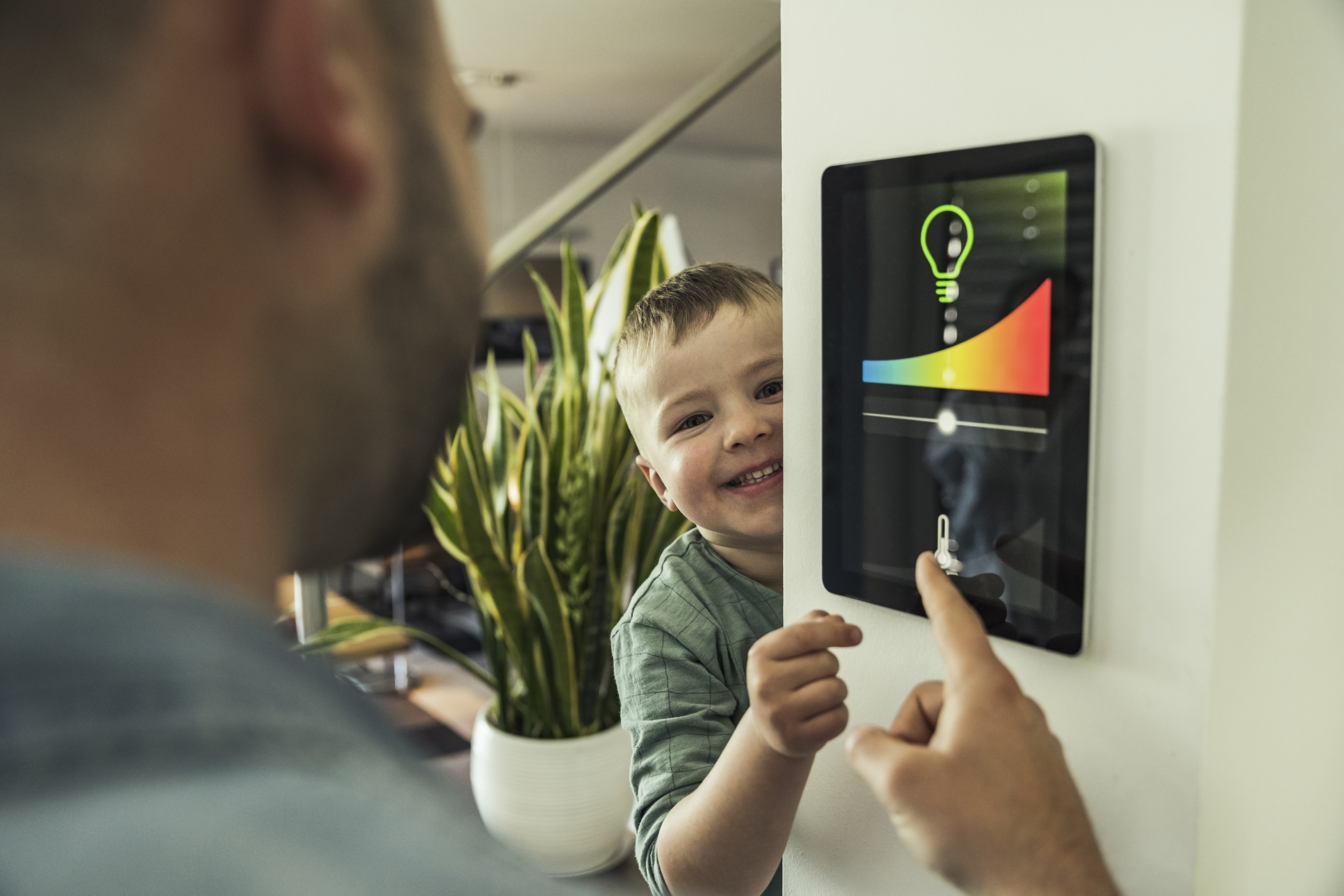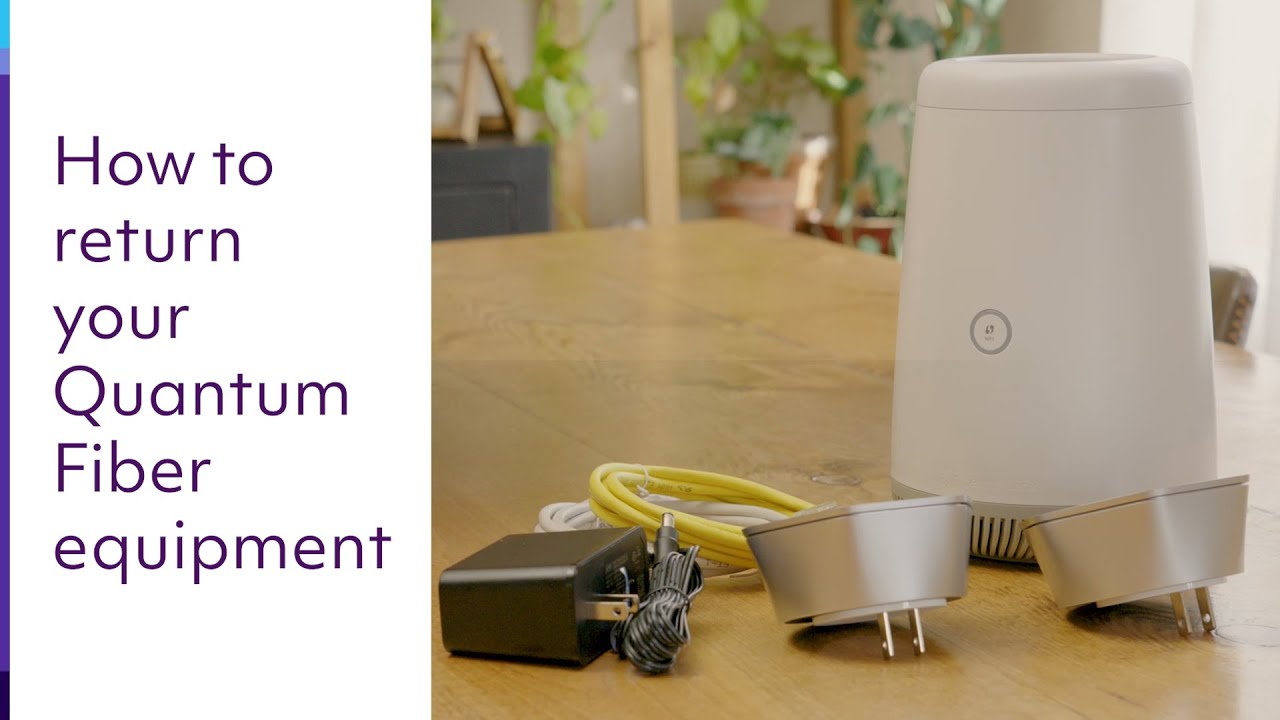Despite how fun and exciting taking a vacation can be, traveling can be hectic and demanding. In fact, 89% of people agree that traveling is stressful. Once you touch down and arrive at your destination, you’re in for an amazing time. However, travel doesn’t have to be as stressful as it is! The Internet of Things is changing the way that the travel industry operates, reducing the time you spend waiting in line and bringing you a personalized experience.
What is the Internet of Things?
The Internet of Things refers to a network of electronic devices equipped with processing power, sensors, and software designed to exchange data with each other. These devices can help keep our homes safe from water damage or help us keep tabs on a baby in the other room. They can power a self-driving car or manage the temperature at an office building. In short, IoT devices help make our lives smarter and more connected.
For a refresher course on the Internet of Things, click here.
How can IoT affect the travel industry?
While many industries can benefit from IoT technology, the travel industry is in an ideal position to reap rewards. Hotels can use IoT applications to save money on energy bills by operating them remotely. For example, if guests leave their room without turning off the lights or air-conditioner, the staff can be notified and adjust the settings from a tablet. The IoT sensors in the room can also analyze the amount of natural light and automatically adjust power to save electricity.
Airplanes could also use similar technology to adjust light and heating for passengers, particularly on long overseas flights. IoT sensors can notify the staff in case a passenger’s anxiety levels are escalating beyond a particular level. Once you land, airports can employ these sensors to notify passengers if their baggage is ready to be picked up and where they can find the correct terminal.
Let’s take a closer look at how the Internet of Things could impact your next big trip.

Be your own travel agent
These days, travel agents have become a thing of the past. Most travel businesses have moved their services online, so you can make all of your travel preparations from home. Choosing the perfect destination, booking flights and hotels, and making dinner reservations can all be done without any human interaction—thanks to the Internet of Things.
On top of that, your trip can be tailored to your preferences. The system already knows all your preferences based on previous trips, social media information, and feedback you’ve left. The data gathered and analyzed through IoT devices makes it easier to find the perfect vacation in terms of cost, flights, hotel suggestions, food preferences, and more.
Smart device check-in
Have you ever thought about what else Amazon’s Alexa can do for you? Now, you can use a voice assistant to help you check into flights and stay on top of travel plans. United Airlines has integrated smart device check-ins through smart speakers from Amazon and Google Home, as well as through Fitbit’s Ionic smartwatch. You’ll be able to see your flight status within 36 hours of departure. You can also see your mobile boarding pass and scan it directly from the app for quick access.
Electronic keycards
Airlines aren’t the only companies that can simplify their check-in process thanks to IoT. Some hotels now have the ability to deliver electronic keycards to guests’ smartphones. The next time you stay at a hotel, you might not have to check in at the front desk or worry about losing your keycard. Instead, you can use your electronic keycard to check in and head straight up to your room.
Customized travel recommendations
You’ve probably received recommendations based on your location before. But how can this impact your travel experience? Companies in the travel industry can use the Internet of Things to send location-specific information to customers. For example, your hotel could send you messages about the best times to visit local attractions or recommend popular local restaurants based on your location at dinnertime. If you stay at the same hotel every summer, they can use information about your past visits to set the perfect temperature and lighting.

Energy-saving travel
Naturally, planes and other methods of travel contribute a large amount of pollution. When you’re on vacation, it can be more difficult to stay conscious of your energy usage and keep up your sustainability habits. IoT technology provides a brilliant solution to this problem. For example, when people stay in hotels, they usually spend more energy than in their own homes. IoT-enabled hotel apps allow guests to control and monitor how much energy they’re using. This makes travelers more conscious of their environmental impact. With a single smart device, you can control room temperature, heating, lighting, and television remotely. Learn more about ways to reduce your carbon footprint with green technology.
Bring IoT home with you
If you love what the Internet of Things contributed to your vacation, the good news is you can bring that experience home with you. Smart home setups are great examples of how IoT technology works. Multiple devices connect to each other as well as to a cloud, syncing regularly to back up your data. These connected devices can help you automate your heating, lighting, security systems, and media use. Not only do IoT devices make life more convenient and seamless, but they can also prevent high energy costs and help make our lifestyles more sustainable.
For more about the Internet of Things, visit the Quantum Fiber blog.
Content Disclaimer – All content is for informational purposes only, may require user’s additional research, and is provided “as is” without any warranty, condition of any kind (express or implied), or guarantee of outcome or results. Use of this content is at user’s own risk. All third-party company and product or service names referenced in this article are for identification purposes only and do not imply endorsement or affiliation with Quantum Fiber. If Quantum Fiber products and offerings are referenced in the content, they are accurate as of the date of issue. Quantum Fiber services are not available everywhere. Quantum Fiber service usually means 100% fiber-optic network to your location but, in limited circumstances, Quantum Fiber may need to deploy alternative technologies coupled with a non-fiber connection from a certain point (usually the curb) to your location in order to provide the advertised download speeds. ©2026 Q Fiber, LLC. All Rights Reserved. Quantum, Quantum Fiber and Quantum Fiber Internet are trademarks of Quantum Wireless LLC and used under license to Q Fiber, LLC.








